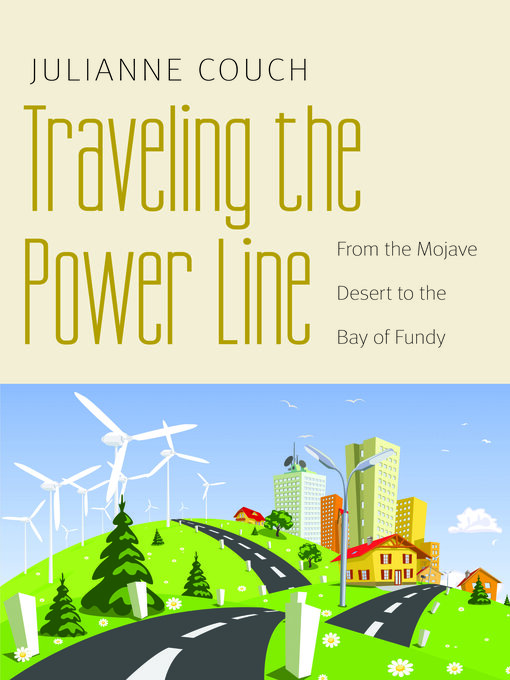In our power-hungry world, all the talk about energy—what's safe and what's risky, what's clean and what's dirty, what's cheap and what's easy—tends to generate more heat than light. What, Julianne Couch wanted to know, is the real story on power production in this country? Approaching the question as a curious consumer, Couch takes us along as she visits nine sites where electrical power is developed from different fuel sources. From a geothermal plant in the Mojave Desert to a nuclear plant in Nebraska, from a Wyoming coal-fired power plant to a Maine tidal-power project, Couch gives us an insider's look at how power is generated, how it affects neighboring landscapes and the people who live and work there, and how each source comes with its own unique complications. The result is an informed, evenhanded discussion of energy production and consumption on the global, national, regional, local, and—most important—personal level. Knowledge is the real power this book imparts, allowing each of us to think beyond the flip of a switch to the real consequences of our energy use.
- Great Reads
- Happy Birthday!
- Books Under the Sea
- Get Growing
- Available now
- Try something different
- New adult additions
- New teen additions
- New kids additions
- Most popular
- Hispanic Heritage Month
- See all ebooks collections
- Great Reads
- Most popular
- Off the Beaten Path
- New adult additions
- New teen additions
- New kids additions
- "Hear" for a Quickie: Try an Audio Play or Performance Piece
- Books Under the Sea
- Happy Birthday!
- Hispanic Heritage Month
- See all audiobooks collections



